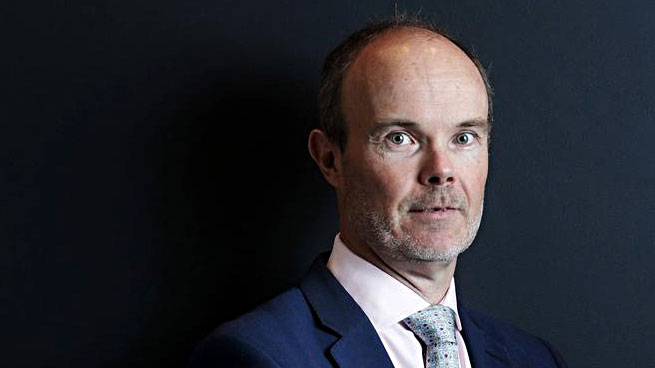Missing the rally wasn’t Magellan’s biggest mistake
Failing to take advantage of the recovery trade looks bad. But with Alibaba, Magellan missed a risk you could see from space.
Hamish Douglass, Magellan chairman and chief investment officer, has been much maligned in recent months for something that’s probably his fault but not actually his problem: missing the market rally in late 2020. Magellan’s Global Fund failed to snap up some hot bargains as the world belatedly realised that Covid-19 might be over in an economic sense, and Douglass has been raked across the coals for it ever since. But Douglass has explained his rationale for not taking part on many occasions – including over a decade before the alleged stuff-up occurred.
“As an investor in the Global Fund, you should be aware that we will not be overly concerned if we underperform some short-term performance benchmark,” Douglass wrote in 2009, and again in his 2021 Investor Letter. “Given our approach, the probability of this occurring is a near certainty. We simply will not make investment decisions designed to outperform the market on a short-term basis.”
That’s not to say there aren’t problems with Magellan; they just don’t have much to do with the recovery trade. The old-fashioned pile on in the financial press is ridiculous for a number of reasons, but primarily because liquidating the holdings that form the bedrock of the portfolio to chase a short-term market rally was never part of the plan. The whole thing – and forgive this journalist for using that old defence of the moneyed class – sounds like tall poppy syndrome.
But, as an apparent target of tall poppy syndrome, Douglass should have a better understanding of his actual mistake: a big bet on billionaire entrepreneur Jack Ma. His Alibaba Group formed the largest weighting in the Magellan Global Fund, and Magellan would have been the 12th largest shareholder in sister company Ant Group if its IPO – slated to be one of the largest in history – went ahead. It didn’t. Jack Ma spat in the face of China regulators, mysteriously (but temporarily) disappeared, and the IPO was personally put on ice by Xi Jingping. If Australians dislike tall poppies, the Chinese Communist Party has a near-mythological hatred of them. Its intolerance for those who don’t toe the party line, either overtly or covertly, is both well-known and well-understood.
Who couldn’t predict that a wildly popular billionaire business owner would someday fall foul of an increasingly authoritarian and nominally communist government? While it was Ma who made the first mistake – “the greatest mistake in history”, according to Douglass – China’s state-owned media enterprises had been critical of Ma’s superstardom for years. Those criticisms might not necessarily have culminated in the spectacular crackdown on Ant Group’s IPO, but there was a high likelihood that the government would eventually act to limit Ma’s power.
Likely Douglass knew this: the plan was trim its Alibaba holding post-IPO, but the fear was that they might not gain as large an allocation in the Ant Group listing if they moved too soon. Douglass attributes the mistake to “overconfidence and confirmation bias.” Alibaba was performing strongly and Douglass believed it was undervalued, a view he still holds. New risk controls have been put in place for Magellan’s China holdings and other technology companies, some of which face anti-trust action in the United States. But it’s clear that the sovereign risk posed by the Chinese government wasn’t assessed as accurately as it could have been. Missing a market rally is one thing; missing a risk you could see from space is another altogether.











